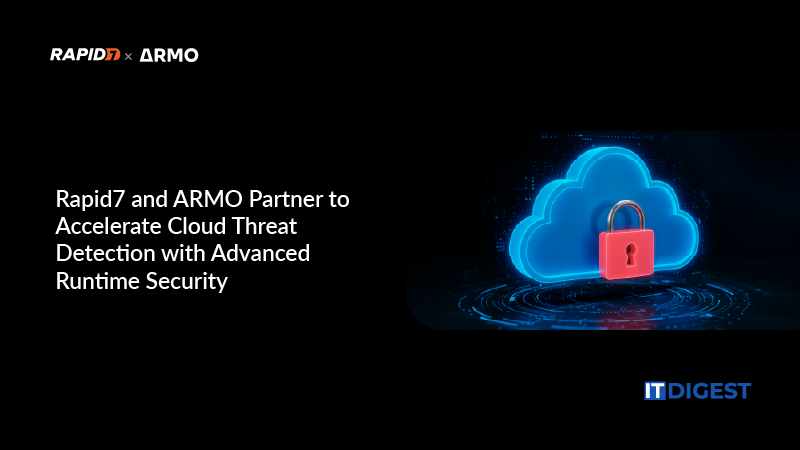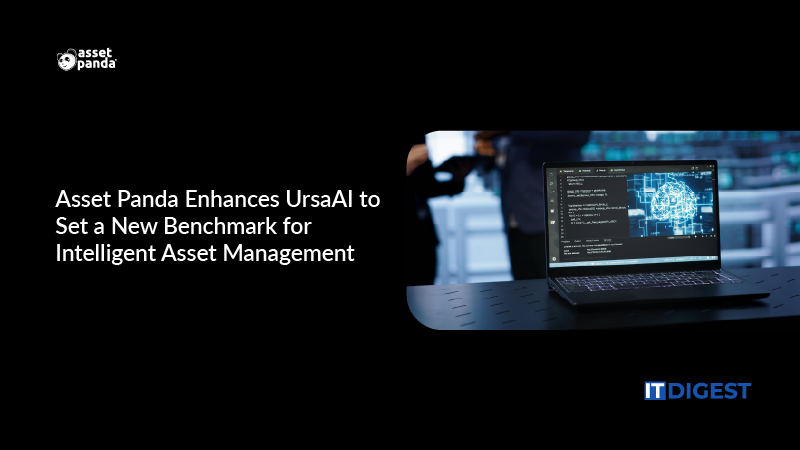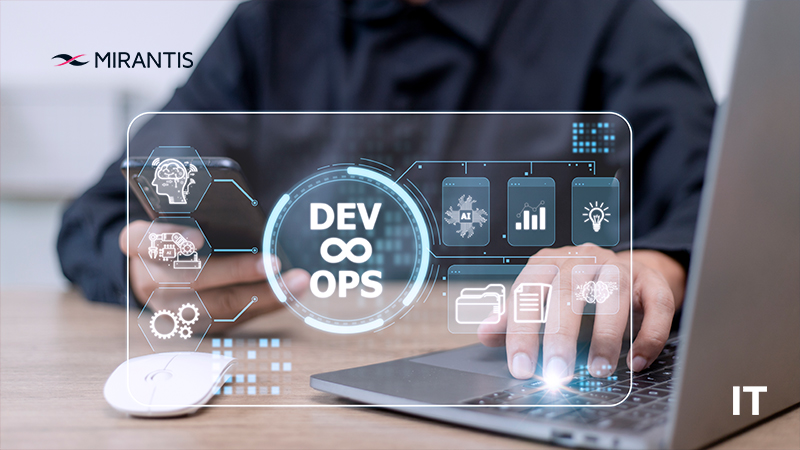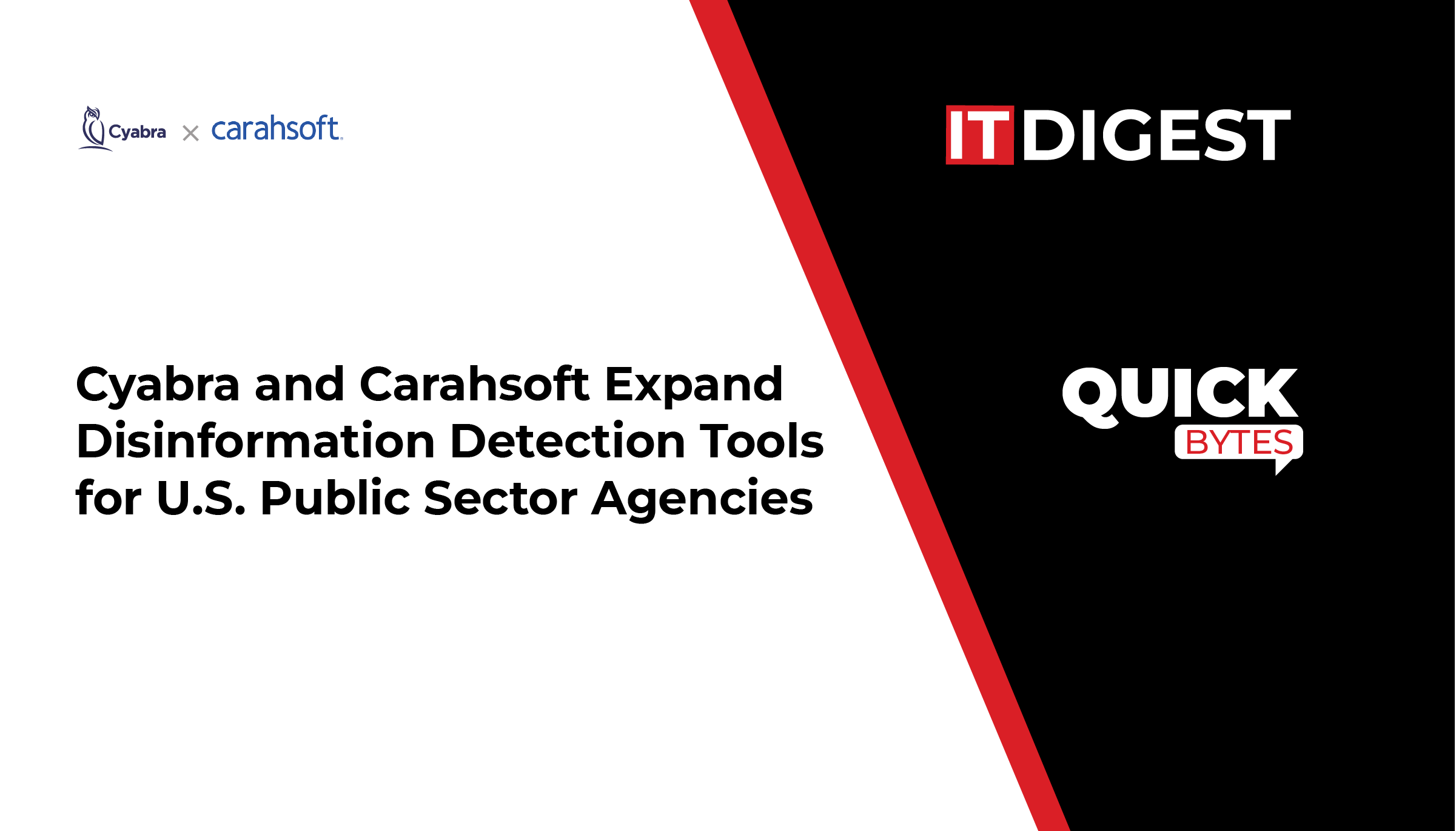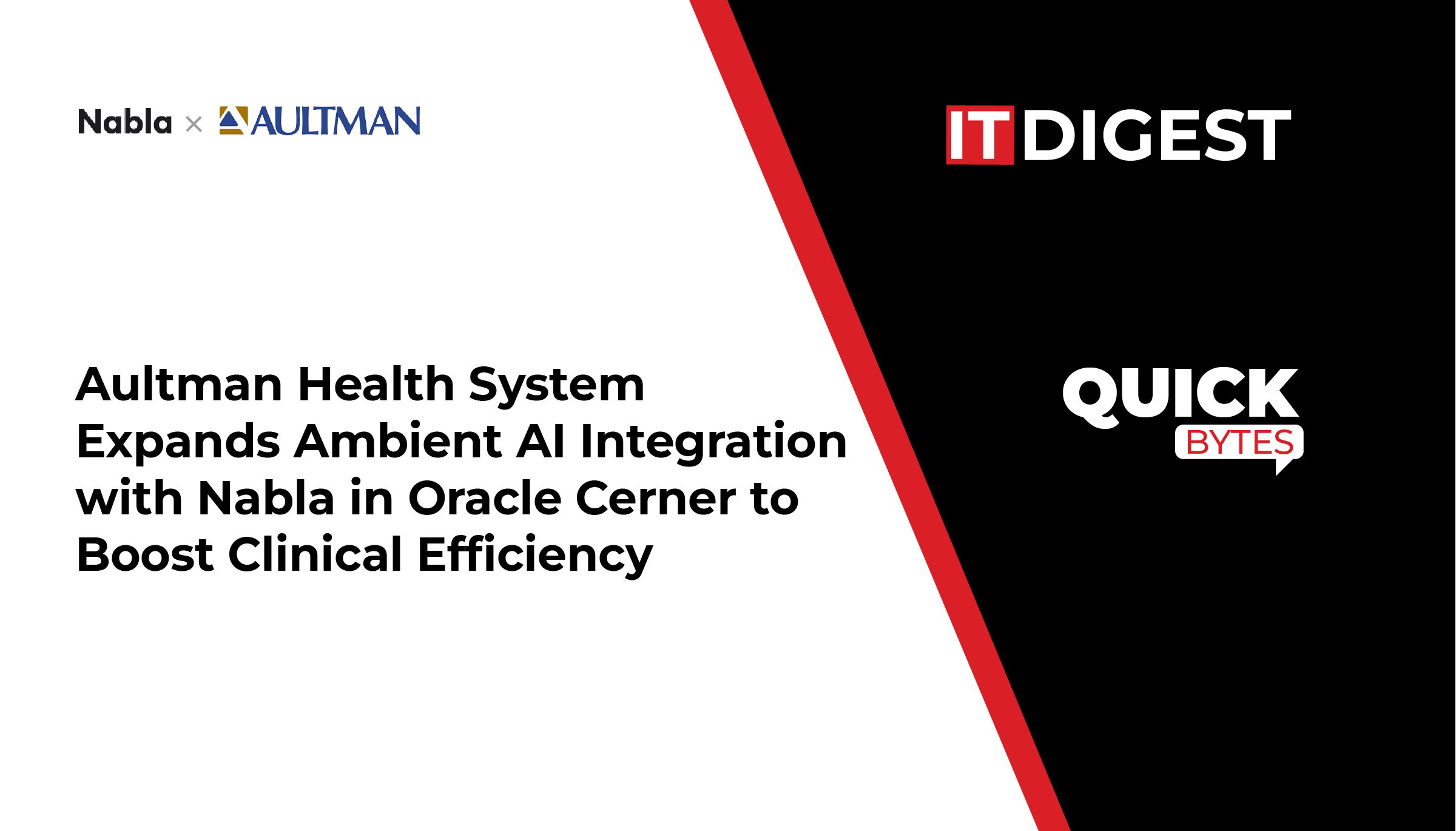Mirantis, freeing developers to create their most valuable code, announced the release of Mirantis Kubernetes Engine (MKE) 3.7.0, that adds an automatic rollback feature along with fine-grained observability of components, which ensure maximum uptime and high performance, as part of Mirantis’ ZeroOps approach to streamline operations.
“Our ZeroOps approach to cloud native technologies is all about reducing the friction of operations,” said Shaun O’Meara, field chief technology officer, Mirantis. “We achieve this by analyzing trends in support incidents so that we’re able to identify problems that have the greatest customer impact and thus are the most valuable to eliminate by introducing automation within our ZeroOps framework. We’ve delivered on this promise with key new features in this latest release of MKE.”
With a new zero-touch automated rollback feature, MKE 3.7.0 minimizes the risk associated with updates. If a problem occurs during an upgrade, by default now it will quickly revert to the prior MKE version so that production systems can remain operational. This eliminates the inherent risk of upgrading production systems while helping to assure uptime. Users benefit with increased confidence to upgrade more frequently and run the latest code.
Also Read: Copado Receives Two AI Patents for Its Innovative DevOps and Testing Platform
Also, MKE 3.7 provides more fine-grained observability than ever before. Health is tracked for each key component of the platform, such as Calico and Kubernetes-specific components like ube-proxy and kubelet with metrics reported via Prometheus.
MKE (which evolved from Docker Enterprise/UCP) provides enterprises with the easiest, fastest, and most secure way to deploy cloud native applications at scale in any environment. It is the only enterprise container platform that provides a simple, complete cloud native experience and a central point of collaboration for developers and operations to build, run, and scale cloud native applications. Deployed with Mirantis Container Cloud (MCC) or with single-instance deployers and tooling provided by Mirantis, MKE runs on bare metal, private, or public cloud infrastructure.
SOURCE: Businesswire








